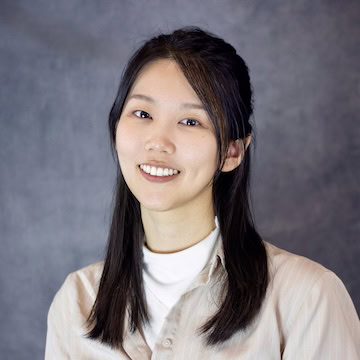Fan Zhang, PhD

Travel Award
$1,500
University of Washington
Identification of Engineered Microenvironments that Support In Vivo Hepatocyte Survival and Function
Mentor: Kelly Stevens, PhD
Liver disease affects millions of people each year, and many patients with advanced liver failure rely on transplants to survive. Unfortunately, there is a critical shortage of donor livers, and many people die waiting for a suitable match. My research aims to help solve this problem by using 3D printing to create artificial human liver tissue.
We are developing special bioinks, gel-like materials that contain living cells, that can be printed into complex structures mimicking the liver. One of the biggest challenges is recreating the complex blood vessel networks that deliver oxygen and nutrients throughout the liver. Without these networks, the printed tissue cannot survive or function properly after implantation. In our work, we design bioinks that allow both blood vessels and liver cells to grow and thrive together. We also carefully tune the structure and softness of the printed tissue to match the natural liver, so that it integrates better with the patient’s body after transplant.
Our ultimate goal is to create functional artificial liver tissue that can be used to treat patients with liver failure, either as a bridge to full transplantation or even as a long-term solution. Our research combines engineering, biology and regenerative medicine to bring us one step closer to solving the donor organ shortage and saving lives.